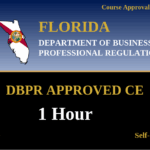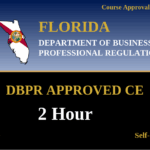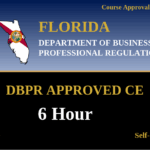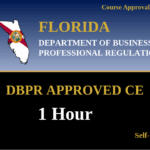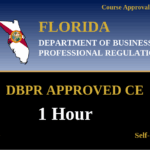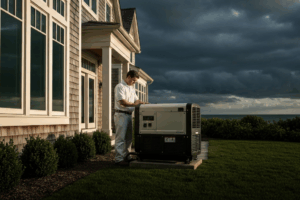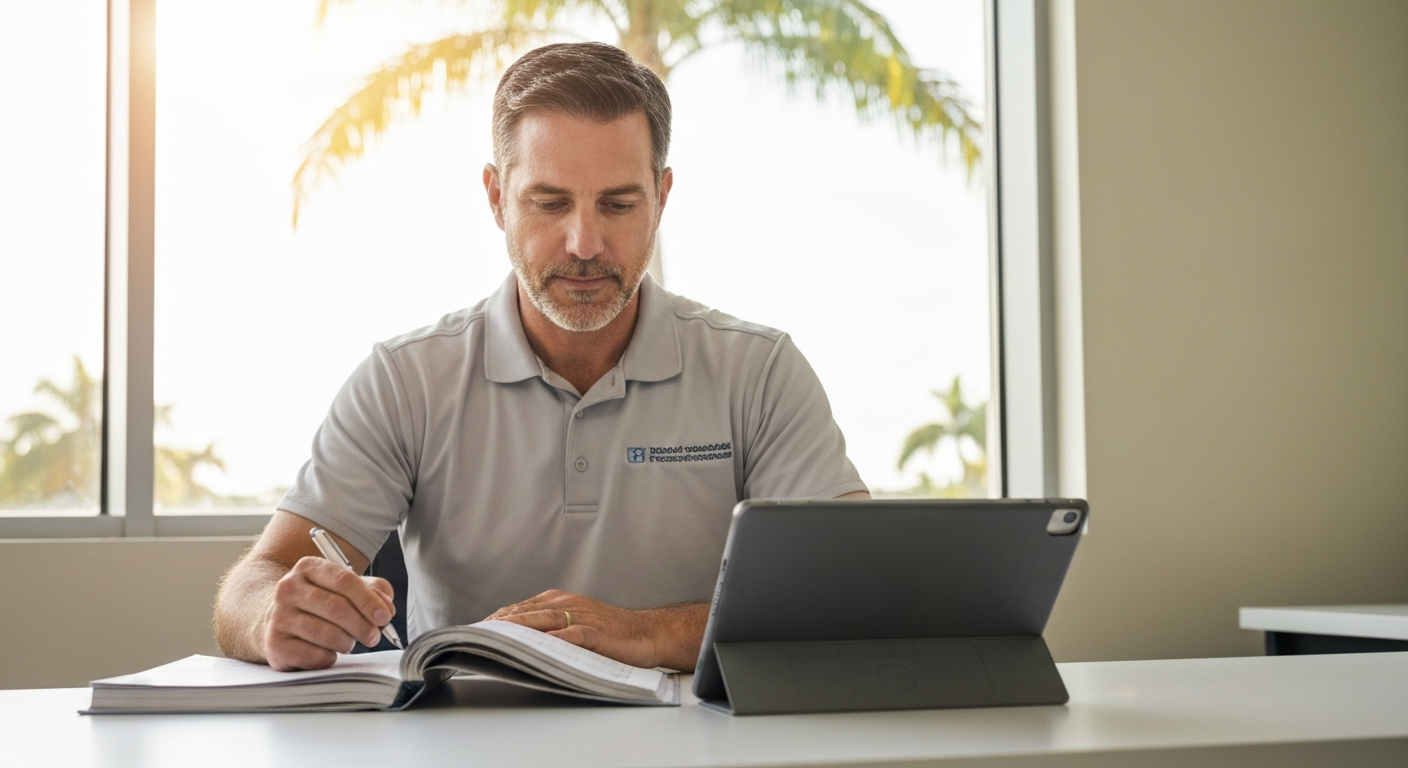
Renewing Your Florida Electrical License: CEU Guide
Certified vs. Registered Electrical Contractor: What’s the Difference for Renewal?
In Florida, the path to renewal begins with understanding the type of license you hold. While both license types fall under the ECLB, their scope and CEU requirements are distinct. The primary difference between a certified vs registered electrical contractor lies in jurisdiction.
- Certified Electrical Contractor (EC): This is a statewide license, allowing a contractor to perform electrical work anywhere in Florida (FLA).
- Registered Electrical Contractor (ER): This license is restricted to specific local jurisdictions (counties or cities) where the contractor has proven competency.
Despite this significant difference in work territory, the state’s continuing education requirements for renewal are the same for both license holders. According to the Florida DBPR, both certified and registered contractors must complete the same number of board-approved continuing education hours to renew their licenses. This ensures a uniform standard of knowledge and safety for all state-regulated contractors.
Core CEU Requirements for Florida Electrical Contractors (EC & ER)
For each two-year renewal period, which concludes on August 31st of every even-numbered year, both Certified and Registered Electrical Contractors must complete 11 hours of board-approved continuing education. These hours are not arbitrary; they are broken down into specific categories as mandated by the ECLB to ensure well-rounded professional development. You can find approved providers and courses through the DBPR.
The 11-hour requirement is structured as follows, according to the Florida DBPR’s official guidelines:
- 7 Hours of Technical Subjects: These technical CEU for electricians must include at least one hour from an advanced building code course focusing on the Florida Building Code. The remaining hours can cover the National Electrical Code (NEC), such as understanding changes to 2023 NEC arc-flash hazard warning requirements, or other technical topics. Contractors who perform alarm work must ensure 2 of these hours are dedicated to false alarm prevention.
- 1 Hour of Workplace Safety: This course focuses on current safety standards and practices essential for every job site. Staying up-to-date is critical, especially as standards evolve, which raises questions like how NFPA 70E 2024 updates have changed job safety planning.
- 1 Hour of Workers’ Compensation: This mandatory hour covers the rules and responsibilities related to workers’ compensation for contractors in Florida.
- 1 Hour of Business Practices: This requirement covers topics relevant to running an electrical contracting business, such as contracts, liability, and financial management.
- 1 Hour of Florida Laws & Rules: This course provides updates on the specific statutes and administrative codes governing the electrical profession in the state, including Florida Administrative Code 61G6-9.001.
Completing these hours through quality online electrical courses can be an efficient way to meet your obligations without disrupting your work schedule.
The Important Distinction for Journeyman & Master Electricians
A common point of confusion revolves around licensing for a journeyman electrician or master electrician in Florida. It is critical to understand that the State of Florida and the DBPR do not issue statewide licenses for these classifications. Instead, journeyman and master electrician licenses are managed at the local level by individual counties or municipalities.
This means there is no single, statewide set of CEU requirements for journeyman or master electricians. Renewal requirements, deadlines, and required hours will vary depending on the local jurisdiction that issued the license. If you hold a journeyman or master license, you must contact your local city or county building department to verify your specific renewal obligations. Many professionals reach this level after attending an electrician school or completing an apprenticeship with a recognized curriculum like NCCER.
Navigating the Renewal Process: Deadlines and the MyFloridaLicense Portal
The entire renewal process is managed through the state’s official online portal. Understanding the logistics is just as important as completing the CEUs.
- Renewal Deadline: The absolute electrical license renewal deadline is August 31st of every even-numbered year.
- Renewal Portal: All renewals must be processed through the MyFloridaLicense portal. Here, you will pay your renewal fee and attest that you have completed all required continuing education.
- License Lookup: You can verify your license status, renewal date, and CEU history at any time using the DBPR electrical license lookup feature on the portal.
- Delinquent License Status: Failing to renew by the deadline will automatically place your license into a delinquent status. You cannot legally perform or bid on electrical work with a delinquent license. To reactivate a delinquent license, you must complete 11 hours of CE and pay additional fees, making it a costly mistake.
Ready to Renew? Don’t Wait Until the Deadline.
With a clear understanding of the CEU requirements for your Florida electrical license, you can plan ahead and avoid the last-minute rush. Completing your courses early ensures your hours are reported to the DBPR in plenty of time, allowing you to focus on what you do best: powering Florida’s homes and businesses. ExpertCE offers board-approved, convenient online courses designed to meet all your renewal needs.
Browse our courses today to get started on your Florida electrical license renewal.
Frequently Asked Questions (FAQs)
What happens if I miss the Florida electrical license renewal deadline?
If you miss the August 31st deadline in an even-numbered year, your license will become delinquent. To reactivate it, you must complete 11 continuing education hours and pay additional delinquency fees through the MyFloridaLicense portal.
Are the CEU requirements the same for Certified and Registered Electrical Contractors?
Yes. Although a Certified license is statewide and a Registered license is local, the State of Florida requires both license types to complete the same 11 hours of continuing education for biennial renewal.
Where can I check the status of my Florida electrical license?
You can check your license status, expiration date, and reported CE credits by using the “DBPR electrical license lookup” tool on the official MyFloridaLicense.com website.
Florida Continuing Education Courses
Explore our board-approved continuing education courses for Florida professionals:
View CE RequirementsFlorida 1 hour course on workers’ compensation
Florida 1 hour course on workplace safety
Florida 2 hours course on false alarm prevention
Florida 6 hours electrical CE course (Technical)
Florida 1 hour business practices course
Florida 1 hour course on electrical laws and rules
Disclaimer: The information provided in this educational content has been prepared with care to reflect current regulatory requirements for continuing education. However, licensing rules and regulations can vary by state and are subject to change. While we strive for accuracy, ExpertCE cannot guarantee that all details are complete or up to date at the time of reading. For the most current and authoritative information, always refer directly to your state’s official licensing board or regulatory agency.


